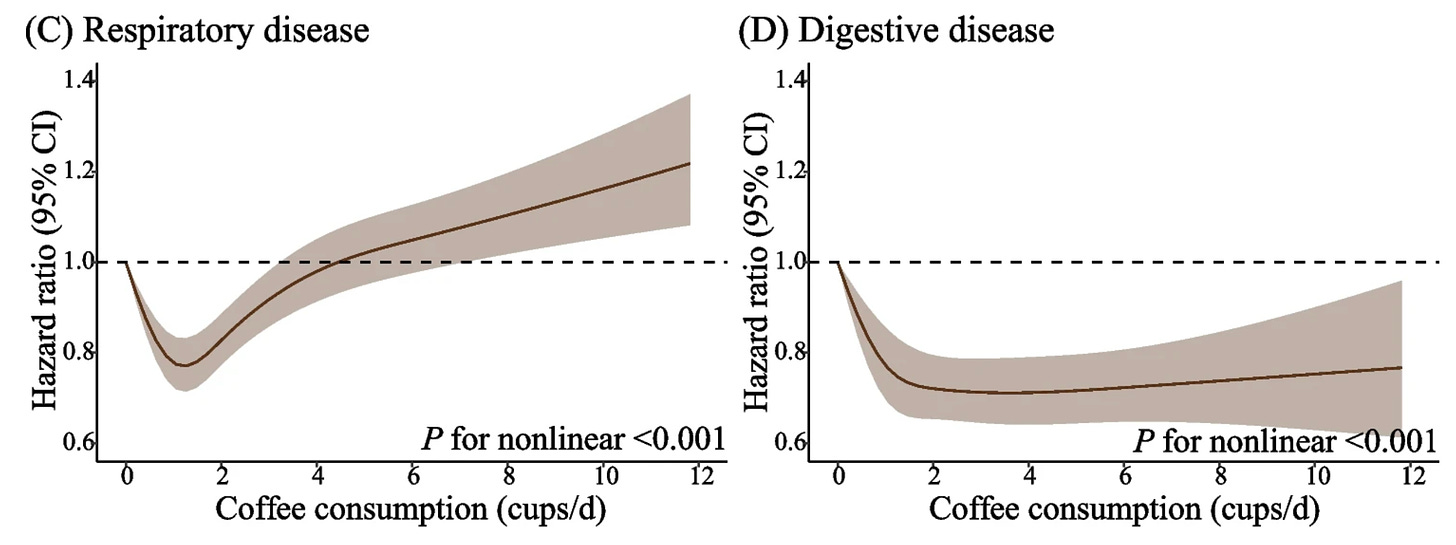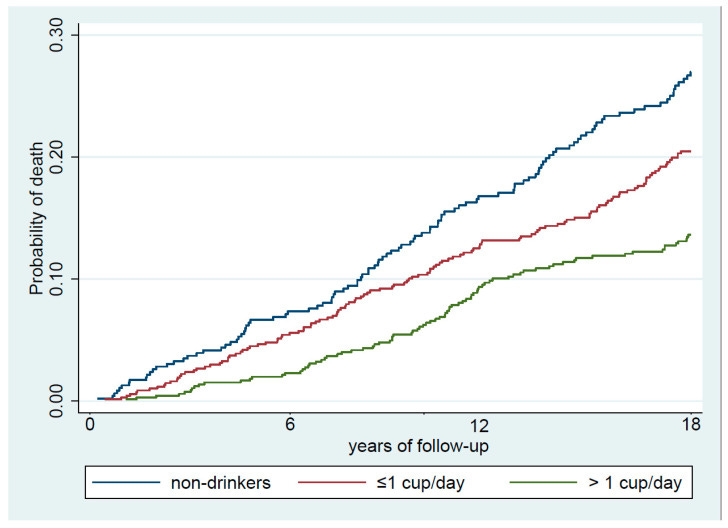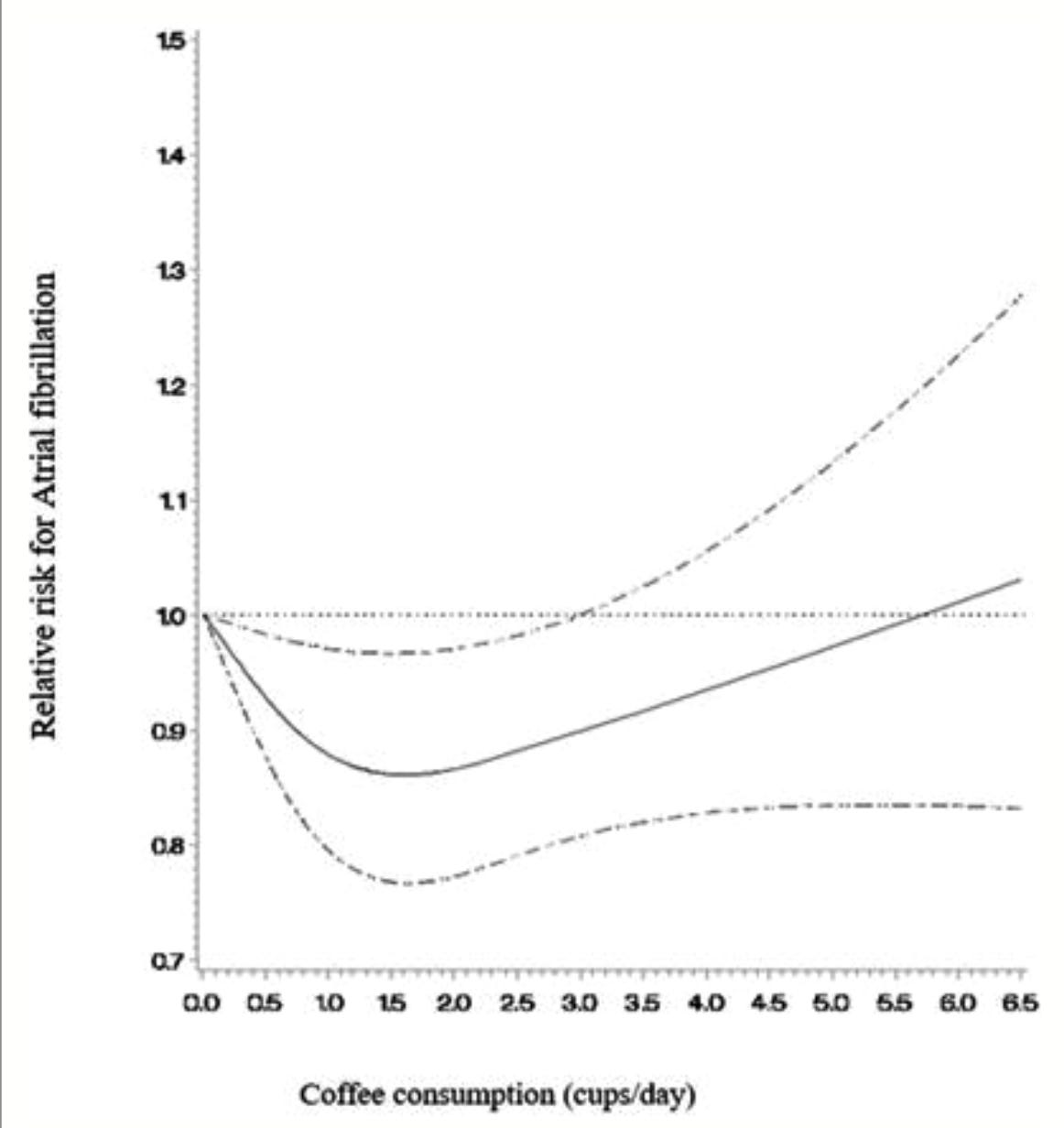Caffeine - Friend or Foe?

It was the worst headache of my life.
And I was only ten minutes into the last exam that would decide if I was going to be allowed to be a doctor in the United States.
When a doctor hears the words ‘worst headache of my life’ or ‘thunderclap headache’, the diagnosis is a major bleed in the brain until proven otherwise.
But I had an exam to do.
This headache would have to wait.
Leaving the exam, I described the headache to my girlfriend at the time, who was a lawyer, not a doctor.
She reminded me that I had not had a coffee for over two days, and that was likely to be the cause of my headache.
It wasn’t brain surgery that I needed; it was a cup of coffee.
Although my girlfriend thought that I might have needed both!
Caffeine consumption has been a staple of life for thousands of years.
Today, we drink more than 2 billion cups per day1.
Because many of us consume caffeine on a daily basis, mostly in the form of tea and coffee, there is an endless appetite for information on whether it is good or bad for us.
Every day newspapers report on studies showing differing effects, both good and bad.
It’s a confusing mess.
So let’s look at the data and see what it says.
Compared to those who do not drink coffee, drinking between one to six cups of coffee per day was associated with a 5 to 10% less chance of dying over a set period2.
Across a range of conditions, there were benefits, including:
-
Heart Disease ~ 12% reduction.
-
Stroke ~ 15% reduction.
-
Respiratory Disease ~ 15% reduction.
-
Diabetes ~ 20-40% reduction.
-
Infections ~ 20-40% reduction.
-
Cancers - No change.
These findings are, of course, interesting but come with all the caveats of retrospective observational data and the potential confounders that come along for the ride that can easily distort the results.
A slightly better way to evaluate this question is by looking at a prospective cohort.
Not ideal, but better.
The results?
Once again, compared to no coffee intake, drinking 1-2 cups of coffee per day was associated with a 22% less chance of death and a 24% less chance of cardiovascular disease3.

The effect was even greater when it came to respiratory and digestive disease mortality, as shown in the graph below.
Both of these graphs are adjusted for a multitude of factors that could have influenced the outcome under consideration.

In multiple different observational data sets, adjusted as best as possible, the relationship between caffeine intake and better outcomes has been demonstrated repeatedly4.
In the graph below, the lower you are on the line, the less the chances of dying over a defined period.
Meaning that more than one cup of coffee per day appeared to confer the greatest advantage.

In the study cited above, those consuming more than 1 cup of coffee per day had an almost 60% less chance of dying from cancer. This finding was not replicated in all the studies mentioned previously.
What About Heart Rhythm Disorders?
For decades we have advised those with the heart rhythm disorder atrial fibrillation to reduce their caffeine intake.
As with so much in medicine, that was a really lovely theory, but it was wrong.
Drinking 1-3 cups of coffee per day was actually associated with less atrial fibrillation and not more5.
The elephant in the room we may have been missing was alcohol, not caffeine, but that’s a story for another day.

What About Sleep?
The half-life of caffeine is about five hours6. For some, it is longer; for others, it is shorter.
What this means is that 5 hours after you drink your last coffee, 50% of the caffeine is still circulating in your bloodstream. 10 hours after your last coffee, 25% of the caffeine is still circulating.
Consuming caffeine later in the day has been shown to reduce total sleep time by 45 minutes and also extend the time it takes to fall asleep by about 20 minutes7.
Assuming a standard coffee contains 107mg of caffeine, to avoid the above adverse effects, you would have to consume your last coffee more than 8.5 hours before your expected sleep time.
Therefore, with a 10 pm sleep time, that would mean no coffee after 1:30 pm at the latest.
For stronger caffeine drinks, such as energy or workout drinks that contain up to 217mg of caffeine, that time goes to 13.2 hours prior to sleep.
Interestingly, lower caffeine concentrations in black teas had little adverse impact on sleep.

So what are we to take from all of this?
The main takeaway for me is that association does not mean causation.
This means that although caffeine intake is associated with better outcomes for a variety of disease states, it doesn’t necessarily mean that it was the caffeine that conferred the benefit.
However, for causation to be present, there must be association.
And when it comes to disease states, there is no major signal to suggest that caffeine is causing worse outcomes.
My main takeaway is twofold:
-
Coffee and the caffeine in coffee are unlikely to be doing any major harm from a disease risk perspective, but I am still not totally convinced it is resulting in major benefits either.
-
I love coffee. But I drink it before Noon if I can because I love my sleep also.
PS:
Two things.
-
I did pass the exam I mentioned at the beginning of this article, although it was an absolutely miserable experience.
-
If you get the worst headache of your life, please do not do what I did and ignore it. Get medical attention.
https://en.wikipedia.org/wiki/Economics_of_coffee
Association of coffee drinking with total and cause-specific mortality. N Engl J Med. 2012 May 17;366(20):1891-904.
Consumption of coffee and tea with all-cause and cause-specific mortality: a prospective cohort study. BMC Med. 2022 Nov 18;20(1):449.
Coffee Consumption and All-Cause, Cardiovascular, and Cancer Mortality in an Adult Mediterranean Population. Nutrients. 2021 Apr 9;13(4):1241.
Coffee Consumption and Risk of Atrial Fibrillation in the Physicians' Health Study. J Am Heart Assoc. 2019 Aug 6;8(15):e011346.
Institute of Medicine (US) Committee on Military Nutrition Research. Caffeine for the Sustainment of Mental Task Performance: Formulations for Military Operations. Washington (DC): National Academies Press (US); 2001. 2, Pharmacology of Caffeine. Available from: https://www.ncbi.nlm.nih.gov/books/NBK223808/
The effect of caffeine on subsequent sleep: A systematic review and meta-analysis. Sleep Med Rev. 2023 Feb 6;69:101764.




